MercoPress. South Atlantic News Agency
Tag: Indec index
-
Thursday, August 15th 2013 - 03:37 UTC
Argentina July inflation 2.55% and 24.9% in twelve months, says congressional index
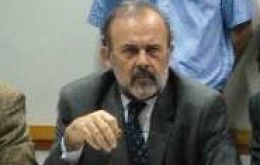
Argentina’s inflation according to the ‘congressional index’ reached 2.55% in July and 24.9% in the last twelve months was announced on Wednesday by members from the opposition in the Lower House.
-
Friday, August 2nd 2013 - 03:49 UTC
Lagarde again warns Argentina about the need for ‘credible stats’
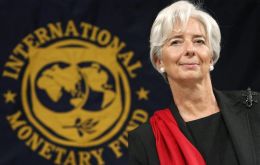
The Managing Director of the International Monetary Fund (IMF) Christine Lagarde has once more requested that Argentina present economic figures based on “trustworthy and credible numbers and statistics”.
-
Friday, August 2nd 2013 - 03:09 UTC
Argentine opposition announces the ‘real life’ GDP growth index: 0.5% in the first quarter
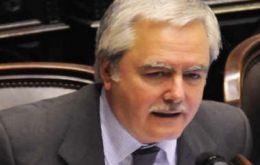
Several Argentine opposition groups have started publishing their own GDP index, (as they do with inflation) based on the average of data processed by private consultants which are exposed to the intimidation of President Cristina Fernandez administration officials.
-
Tuesday, July 30th 2013 - 03:03 UTC
Eclac joins the club of Argentine government official stats disbelievers and says inflation is 20.5%
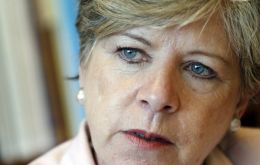
Following on the steps of the IMF (and World Bank) which has strongly questioned Argentine official stats (mainly inflation and GDP growth), the United Nations Economic Commission for Latin America and the Caribbean, Eclac, also joined the club of disbelievers since in its last report on the regional economy appealed to other stats’ sources.
-
Tuesday, July 30th 2013 - 02:48 UTC
Argentine auto-manufacturing boosts June and half year industrial production stats
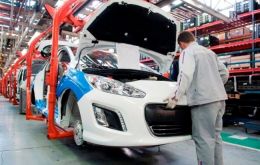
Boosted by auto and metal-mechanic manufacturing industrial production in Argentina during June increased 3.8% compared to the same month a year ago, according to the latest release from Indec. Since April and May were also positive this means that the second quarter was up 3.5% over a year ago.
-
Wednesday, July 24th 2013 - 07:12 UTC
Argentina trade surplus up 26.9% in June as grains and oilseed exports get moving
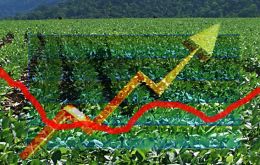
Argentina's June trade surplus grew by 26.9% to 1.16 billion dollars from 910 million in the same month last year, but the six month period was down 26%, the government's national statistics institute Indec said on Tuesday.
-
Saturday, July 20th 2013 - 06:11 UTC
Argentina’s economic activity picks up 7.8% in May and 4.1% in first five months

Argentina's economic activity jumped 7.8% in May from a year earlier, according to the country’s questioned stats office, Indec. President Cristina Fernandez had anticipated the news earlier in the week in a televised speech.
-
Friday, July 12th 2013 - 08:13 UTC
Argentina: private estimates’ June inflation reached 1.93% and 23.78% in twelve months

Argentina’s June inflation according to the ‘congressional index’ was 1.93%, and 23.78% in the last twelve months, it was announced on Thursday by the opposition members from the Lower House Freedom of Speech committee.
-
Monday, July 8th 2013 - 07:06 UTC
Teamsters bring Argentina to a stop and challenge fiscal policy and income tax
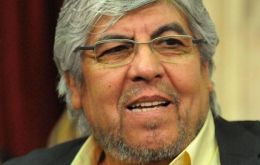
Argentina’s teamsters union headed by the powerful leader Hugo Moyano, a former ally of the government and currently one of her most aggressive adversaries, has declared a national strike on Monday which in practical terms means the country is in full campaign ahead of the mid term October election when President Cristina Fernandez will try by all means to retain control over Congress.
-
Monday, July 8th 2013 - 06:46 UTC
Over a third of Argentine population in poverty conditions says food and nutrition report
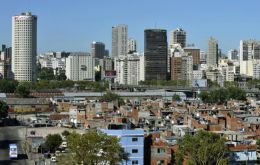
At least 17.8% of the Argentine population lives in indigence conditions, taking as reference a ‘Healthy Food Basket’ which estimates family monthly needs in 3.700 Pesos which is more that five times the official stats office Indec reference sum of 730 Pesos.
